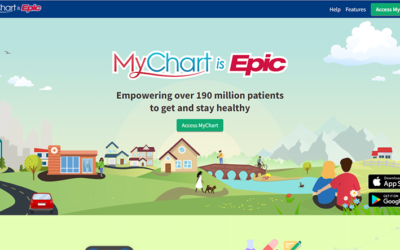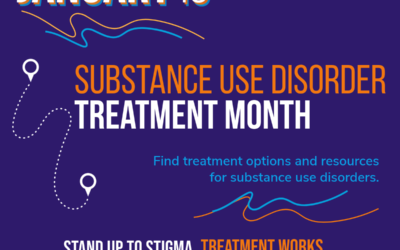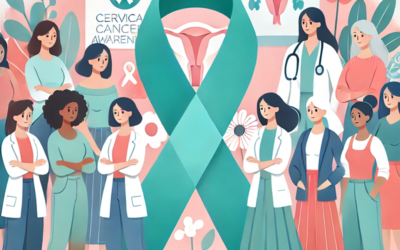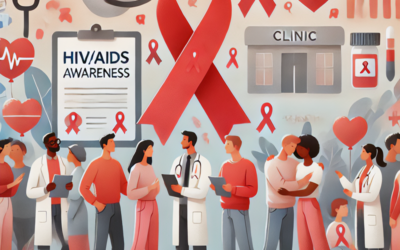Measles is a serious illness that spreads easily — especially among kids and people who aren’t vaccinated. The best way to protect yourself and your family is by getting the MMR vaccine.
🛡️ What Is the MMR Vaccine?
The MMR vaccine protects against measles, mumps, and rubella. These are three diseases that can make people very sick. Some children may also get the MMRV vaccine, which includes chickenpox protection, too. Most people who get the MMR vaccine are protected for life!
👶 When Should Kids Get the MMR Vaccine?
Children need two doses of the MMR vaccine:
- 1st dose: When your child is 12 to 15 months old
- 2nd dose: Between 4 and 6 years old
If your child hasn’t had both doses, it’s not too late — they can still catch up!
👨👩👧 What About Teens and Adults?
Older kids, teens, and adults also need the MMR vaccine if they didn’t get it as children or don’t have proof they are immune.
Most people will need one or two doses, given at least 28 days apart. If you’re not sure if you had the vaccine, your doctor can help.
✈️ Traveling Soon?
Going outside the U.S.? Measles is more common in some countries.
- Babies 6–11 months old should get 1 early dose before traveling
- They’ll still need 2 more doses after they turn 1
- Older kids and adults should make sure they’re fully vaccinated before they travel
💙 PHC Makes It Easy to Stay Protected
At Primary Health Care (PHC), we provide vaccines for kids and adults. Our friendly team can check your records and help you get up to date.
✅ We accept Medicaid, Medicare, and all insurance plans
✅ No insurance? No problem — we offer a sliding fee scale based on your income
✅ No one is turned away, no matter what
Find a PHC clinic near you at phciowa.org/location or call us to make an appointment.
👩⚕️ Questions?
If you’re unsure whether you or your child needs the MMR vaccine, talk to your PHC provider. We’re here to help keep your family safe and healthy.
🧠 Sources:
- CDC – MMR Vaccine Information
- CDC – Travelers’ Health: Measles
Related Posts
Celebrating National School-Based Health Care Awareness Month
February is National School-Based Health Care Awareness Month, a time to recognize the vital role that school-based health centers (SBHCs) play in supporting student health and academic success. By providing accessible, on-site medical and behavioral health services,...
Get Started with the MyChart App: Your Health at Your Fingertips
Managing your health just got easier with MyChart! This handy app lets you access your health information anytime, anywhere. Available in both English and Spanish, MyChart brings convenience right to your smartphone or computer. Here's how you can get started. Why Use...
Take the First Step Toward Recovery: Learn About PHC’s MAT/MOUD Program
This January marks the first-ever Substance Use Disorder Treatment Month, launched by the Center for Substance Abuse Treatment at the Substance Abuse and Mental Health Services Administration (SAMHSA). This national observance aims to raise awareness of effective,...
Protect Your Health: January is Cervical Cancer Awareness Month
January is Cervical Cancer Awareness Month Cervical cancer is one of the most preventable types of cancer, yet it affects thousands of women each year. In the United States, about 13,960 new cases of invasive cervical cancer were diagnosed in 2023, and approximately...
Understanding Seasonal Affective Disorder (SAD): Awareness and Support
As the days grow shorter and colder, many people experience shifts in mood. For some, these changes go beyond a case of the “winter blues” and become a condition called Seasonal Affective Disorder (SAD). SAD is a type of depression that affects millions of Americans...
Take Control of Your Health: Understanding HIV and AIDS Awareness
December 1 is World AIDS Day. Raising awareness about HIV and AIDS is key to breaking stigma, encouraging testing, and ensuring access to care. At Primary Health Care, we’re proud to support the community with specialized HIV prevention and care services through our...






